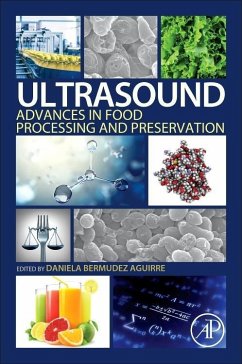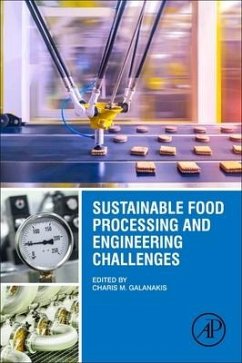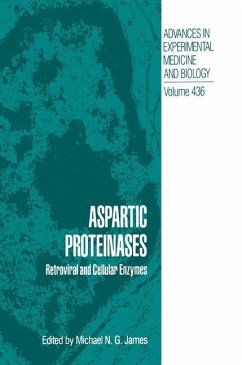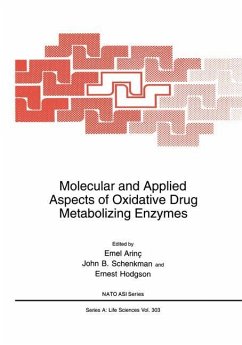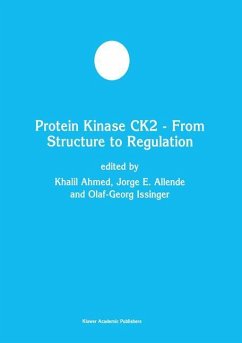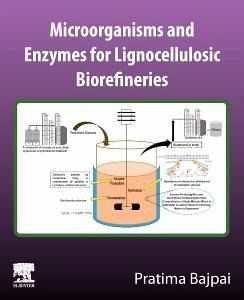
Microorganisms and Enzymes for Lignocellulosic Biorefineries

PAYBACK Punkte
100 °P sammeln!
Microorganisms and Enzymes for Lignocellulosic Biorefineries comprehensively deals with enzymes and microorganisms for lignocellulosic degradation, along with challenges in the engineering of lignocellulolytic enzymes and mining and engineering for better enzymes. The book discusses commonly used bioprocesses for lignocellulosic biorefinery, including separated hydrolysis, fermentation and simultaneous saccharification, and consolidated bioprocessing. Among these methods, construction of microbial co-culturing systems via consolidated bioprocessing is regarded as a potential strategy to effici...
Microorganisms and Enzymes for Lignocellulosic Biorefineries comprehensively deals with enzymes and microorganisms for lignocellulosic degradation, along with challenges in the engineering of lignocellulolytic enzymes and mining and engineering for better enzymes. The book discusses commonly used bioprocesses for lignocellulosic biorefinery, including separated hydrolysis, fermentation and simultaneous saccharification, and consolidated bioprocessing. Among these methods, construction of microbial co-culturing systems via consolidated bioprocessing is regarded as a potential strategy to efficiently produce biochemicals and biofuels, providing theoretical direction for constructing efficient and stable biorefinery process system in the future. The book discusses the construction of high-performance enzyme cocktails and presents progress witnessed in engineering lignocellulolytic enzymes, enzyme-producing microorganisms, and future perspectives within the context of developing cost-effective lignocellulose conversion processes.






